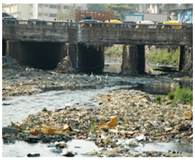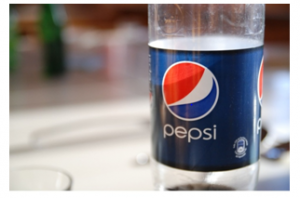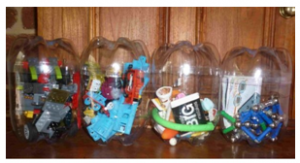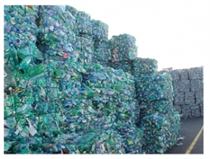Be it food packets, toys, storage packing, furniture or electronic items, plastics are so widely used that imagining our lives without them is impossible. It is one of the best substitutes for wood, thus reducing the cutting of trees and helping the environment. On the other hand, sometimes it poses problems too, for example: when it comes to their disposal. Upon usage, artefacts made from plastic sustain wear and tear and become brittle, so it is necessary to dispose of.
For example, a plastic chair being used for five years cannot be used further or a plastic sachet containing shampoo cannot be reused to store shampoo again. So, what do we do with these items? Most often, these are thrown into the dustbin, which is then collected by the municipal corporation. But what if they are not disposed of properly? We have seen heaps of garbage lying along the roads or in the drains or other water bodies, clogging them. Plastics, supposed to be a boon to the environment is now becoming a bane.
Explore More: Solid Waste Management

Harmful Effects of Plastics
Improper disposal of plastics poses a number of problems. Some of them are mentioned below:
- The littering of plastics in open spaces creates unhygienic conditions, as it acts as a breeding ground for insects and mosquitoes that cause diseases like malaria and dengue.
- Plastics do not undergo degradation, thus, stay in the soil for many years, which affects soil fertility and degrades the soil quality.
- When plastic artefacts enter the drainage and sewerage system, they block the pipes and the drains causing waterlogging.
- The improperly disposed of food bags, when eaten by animals, cause stomach and intestine related diseases which even lead to suffocation and death.
- Plastic items find their way to the river and other water bodies, which are then swallowed by fish, seabirds, and other marine species, thus leading to suffocation and death.
- The waste from the plastic manufacturing industry is thrown directly into the water bodies, thus affecting the chemical property of water, causing hazards on a very large scale.
Proper disposal and usage of plastic discards can reduce these problems. A set of regulations should necessarily be followed to stop these problems.
Also Read: Waste Disposal
Plastic Waste Management
There are primarily three ways of managing plastics:
- Reduce
- Reuse
- Recycle

3Rs: Reduce, Reuse and Recycle
Reduce
This refers to the reduction or decreased consumption of plastic artefacts.
- We can reduce the use of plastic bags and carry jute bags and paper bags to carry items from the market.
- We can reduce the use of plastic containers for storing food and other items and use more durable materials like metal.
- We can avoid using takeaway food containers.

Paper bags
Reuse
- We can use discarded bottles and jars to store food items and water.

Cold drink bottle
- We can reuse plastic bags whenever possible, keeping safety and hygiene in mind.
- We can use broken artefacts and create something new with our own creativity, e.g. discarded water bottles can be used as containers as shown in the figure below.

Discarded PET bottles being used as containers
Recycle
- We can give the old plastic chairs and jars for a recycle and support the cause by using recycled items.
- We can try using recyclable plastic bags whenever possible.

Discarded Plastics being sent for Recycle
Apart from these techniques, we can make changes in our daily lifestyle to make a huge difference towards
- Using proper disposal techniques. For e.g. separating the biodegradable items and non-biodegradable items and disposing of them accordingly. Biodegradable items can be used for composting and vermicomposting whereas non-biodegradable items can be disposed of in the dustbin, for recycling or incineration.
- By not throwing kitchen garbage in plastic bags.
- By not burning plastics or other garbage.
Explore More: Garbage in, Garbage out
Stay tuned with BYJU’S to learn more about the harmful effects of plastics.

Comments